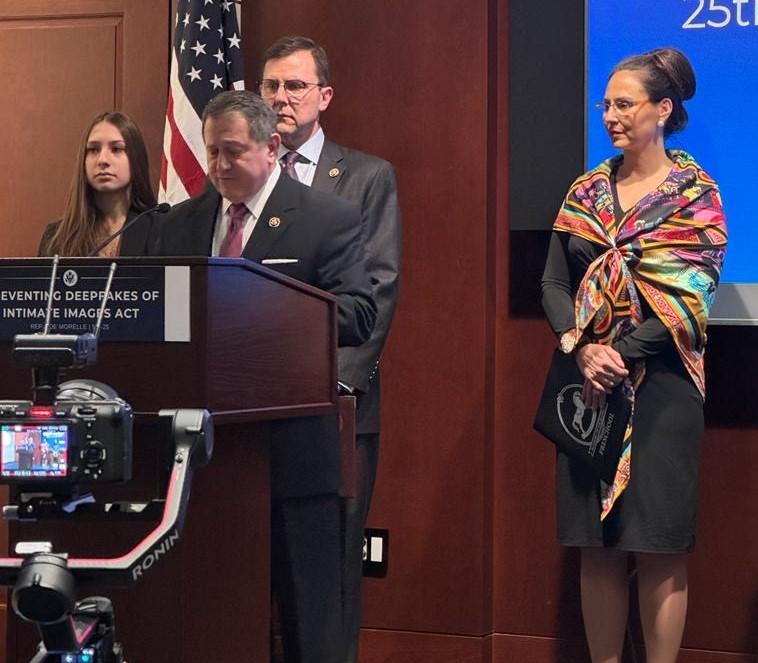K-12 public school students in Oregon, like those across the United States, continue to deal with the disadvantages that COVID-19 and government response to the pandemic dealt them—particularly in the critical area of in-person instruction.
Loss of time inside the classroom has contributed to students falling behind in competency and in meeting standards.





